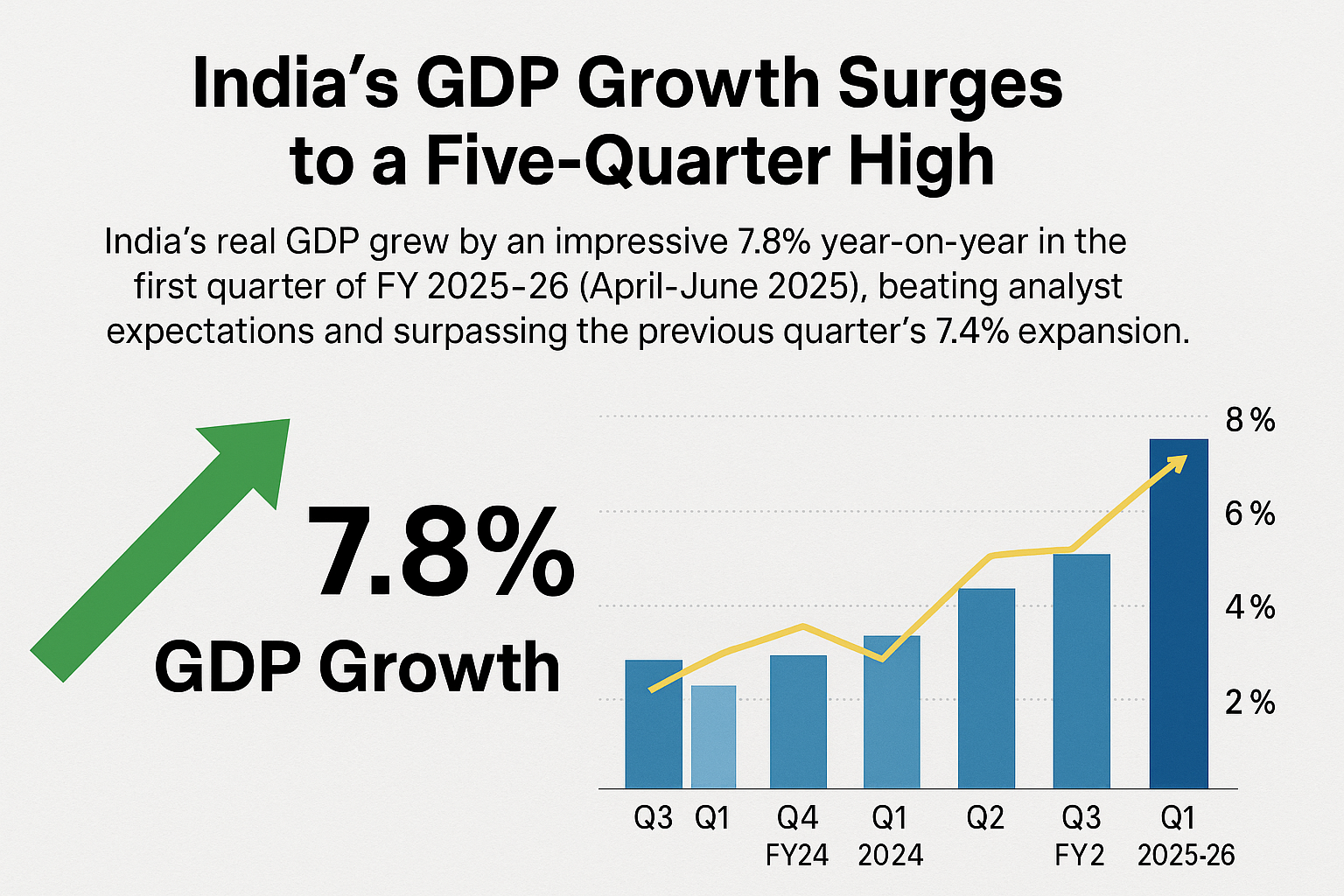Introduction John Abraham Mutual Funds Financial Journey
When you think of John Abraham, the first image that comes to mind is a Bollywood star known for his sculpted physique, discipline, and hard work. He’s often described as one of the fittest actors in the industry, admired for his clean living and intense workout routines. But beyond his on-screen charm and off-screen fitness persona, John has carved a niche for himself as one of the most financially savvy celebrities in India.
Unlike many stars who splurge on flashy cars, high-end gadgets, and extravagant lifestyles, John is praised for his minimalism and thoughtful money habits. His interviews often reveal his belief in simplicity, patience, and financial discipline—values that extend far beyond the gym or film sets. One of the key tools that has shaped his financial journey? Mutual Funds.
Mutual funds, often associated with middle-class investors, are surprisingly also a favorite wealth-building avenue for high-net-worth individuals (HNIs) like John. His journey demonstrates that you don’t need to chase overnight riches or risky ventures; instead, with patience and the right financial vehicles, anyone—whether a film star or a working professional—can build sustainable long-term wealth.
1. John Abraham: The Man Beyond the Screen
Before diving into mutual funds, it’s important to understand who John Abraham is outside of films.
- Early Life & Career: John started as a model before making his Bollywood debut with Jism in 2003. Over the years, he became a successful actor, producer, and entrepreneur. Unlike many of his peers, however, John never got carried away by stardom.
- Philosophy of Life: John is often called a minimalist. He owns fewer cars than most actors, lives relatively simply, and doesn’t believe in throwing money at luxury for the sake of status.
- Discipline in Fitness: His daily routine is famously strict. Just like he trains consistently to maintain his physique, he believes in being consistent in money matters.
This philosophy translates directly into his finances. While other celebrities often make headlines for bankruptcies, tax defaults, or risky investments gone wrong, John stands out for his calm, steady, and future-focused financial planning.
2. Why John Abraham Chose Mutual Funds
John has emphasized discipline time and again, whether in workouts, films, or investments. Mutual funds align perfectly with this belief system because they offer:
- Start Small and Grow Big: SIPs (Systematic Investment Plans) let investors begin with as little as ₹500 per month. This mirrors John’s philosophy: consistency matters more than grandeur.
- Diversification of Risk: Mutual funds pool money across different assets—equities, debt, and hybrids—spreading out risk instead of betting everything on one stock.
- Long-Term Wealth Creation: John is not a “quick results” person. Just as muscle-building takes years, wealth creation through mutual funds requires patience.
- Flexibility: With options like equity, debt, balanced funds, and ELSS, mutual funds suit every goal—from short-term needs to retirement.
For someone who values stability over show-off and long-term benefits over short-term gains, mutual funds became the ideal financial companion.
3. John Abraham’s Approach: Discipline Over Impulse
Many celebrities fall into the trap of impulsive spending. Exotic cars, designer wardrobes, sprawling mansions, and private jets often drain their wealth faster than films or endorsements can refill it. John, however, chose a different path.
His approach includes:
- Steady Growth Without Daily Monitoring: Unlike direct stocks that need constant tracking, mutual funds offer professional management. John doesn’t have to watch the markets every day.
- Expert Management: Fund managers handle research and portfolio selection, ensuring stability even in volatile markets.
- Freedom of Choice: Depending on his goals, John could choose equity mutual funds for long-term growth, debt funds for safety, or hybrid funds for balanced exposure.
This mirrors his broader life approach: whether it’s sticking to his gym schedule, choosing scripts carefully, or managing his money—John values consistency, planning, and patience over quick fixes.
4. Understanding Mutual Funds: The Celebrity Connection

Many people assume mutual funds are only for the middle class. In reality, they are also trusted by celebrities, entrepreneurs, and high-net-worth individuals. Why? Because they offer a mix of safety, growth, and professional management that appeals across income levels.
Here’s a quick refresher:
- Equity Funds: Invest in stocks. High risk, high reward. Perfect for long-term wealth creation.
- Debt Funds: Invest in bonds and fixed-income instruments. Lower risk, lower return. Ideal for stability.
- Hybrid Funds: Mix of equity and debt. Balanced exposure.
- ELSS (Equity-Linked Savings Schemes): Equity funds with tax benefits under Section 80C.
For celebrities like John, mutual funds are attractive because they don’t require daily monitoring, they scale well with large or small investments, and they bring discipline to wealth creation.
5. Lessons Investors Can Learn from John Abraham
John’s financial habits can inspire every investor. Here are five timeless lessons:
- Start Early – The earlier you begin, the more time compounding works in your favor.
- Stay Consistent – SIPs may seem small today, but over 10–20 years, they create massive wealth.
- Don’t Chase Trends – John avoids hype-driven decisions. Similarly, investors should ignore short-term fads.
- Diversify – Just as John balances acting, producing, and fitness, investors should spread investments across equity, debt, and hybrid funds.
- Think Long-Term – Wealth creation is not a sprint but a marathon.
6. Mutual Funds vs. Other Celebrity Investments
Let’s compare:
- Other Celebrities: Many invest in risky startups, luxury properties, or international ventures. These can succeed—but they can also collapse.
- John Abraham: Prefers safety, balance, and growth through mutual funds, along with selected business ventures.
This approach shields him from debt traps and bad investments that have caused trouble for other stars.
7. The Psychology of Discipline: Fitness & Finance
One of the most powerful aspects of John’s story is how his fitness philosophy mirrors his financial philosophy:
- Consistency Beats Intensity: Working out once in a while doesn’t build muscles. Similarly, investing lump sums irregularly doesn’t create wealth like SIPs do.
- Delayed Gratification: Skipping luxury purchases today leads to bigger gains tomorrow.
- Small, Daily Efforts Add Up: A 1-hour workout every day creates lasting results. A ₹10,000 SIP every month can turn into crores over decades.
For example:
If you invest ₹10,000 monthly in an equity mutual fund for 20 years at 12% returns, you’d accumulate ₹98 lakhs from just ₹24 lakhs invested. That’s the power of patience and discipline—values John lives by.
8. How You Can Replicate John Abraham’s Mutual Fund Strategy
Here’s a step-by-step guide inspired by John’s approach:
- Define Your Goals: Retirement, buying a house, kids’ education, or financial independence.
- Start with SIPs: Even ₹500 or ₹1000 per month is enough to begin.
- Diversify: Spread investments across equity, debt, and hybrid funds.
- Review Annually: Adjust based on performance and goals.
- Stay Invested: Don’t panic when markets crash; consistency is key.
9. Common Mistakes Investors Make (and How John Avoids Them)
- Chasing Returns: John avoids hype; you should too.
- Timing the Market: Impossible for most people. Stick to SIPs.
- Ignoring Diversification: Putting everything into one stock is risky.
- Lifestyle Inflation: Spending more as income grows. John resists this trap.
10. Mutual Funds: A Celebrity’s Smart Choice
Why would a wealthy celebrity prefer mutual funds?
- Liquidity: Easy to redeem when needed.
- Professional Management: Experts handle the complexity.
- Transparency: Regular updates, regulated by SEBI.
- Scalability: Works for both ₹500 SIPs and multi-crore investments.
John’s example shows that mutual funds are not just “middle-class products”—they are tools for anyone who values stability, growth, and discipline.
11. FAQs on John Abraham’s Investments and Mutual Funds
1. Does John Abraham really invest in mutual funds?
While exact details aren’t public, his philosophy and financial habits strongly align with mutual fund investing.
2. Can common investors replicate celebrity strategies?
Yes. Mutual funds are accessible to everyone—HNIs and beginners alike.
3. How much should a beginner invest in SIPs?
Start with what you can afford—₹500, ₹1000, or more. The key is consistency.
4. Are mutual funds safer than stocks?
Yes, because they diversify your money across multiple assets.
5. What’s the best long-term strategy?
Equity mutual funds through SIPs, combined with debt funds for stability, is a proven approach.
Conclusion
John Abraham’s financial story isn’t just about his acting career—it’s about discipline, patience, and smart decisions. His preference for mutual funds highlights the power of consistent investing, diversification, and long-term vision.
Just as he built his physique through daily discipline, John built his wealth through steady, intelligent financial planning. His journey proves that you don’t need to chase overnight riches; you just need the right financial vehicle and unwavering consistency.
If you’re inspired by John’s lifestyle, take a page from his financial playbook: Start your mutual fund investments today, stay consistent, and let compounding do the heavy lifting.
Because whether you’re a Bollywood superstar or a young professional, the rules of wealth creation remain the same—discipline wins every time.
![]()



